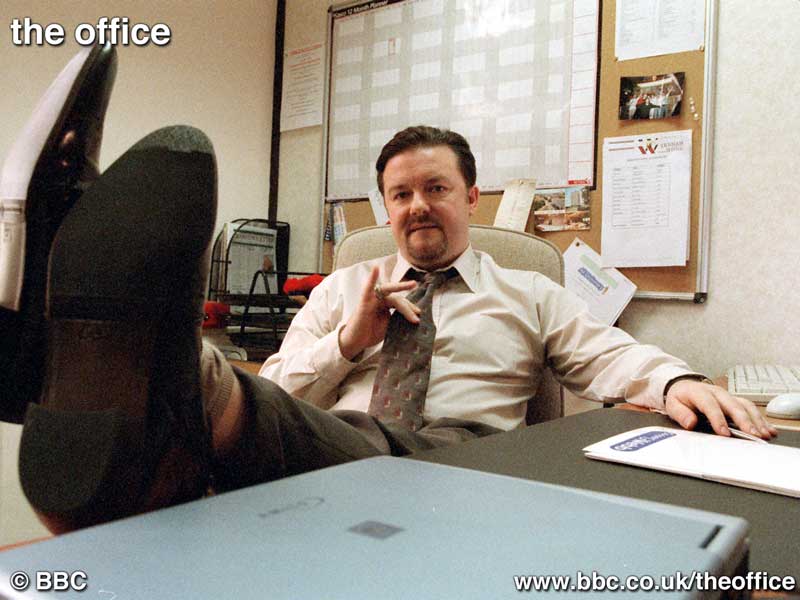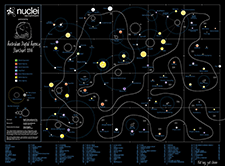With about 30% of our candidates moving over from abroad, we’ve noticed that the questions we have throughout the interview process are similar. We’ve put together a Q&A list to make your life easier. If you have any other questions, please let us know.
1. What’s the market like out there?
In comparison to the UK or the US, the Australian market is quite different. To start with, it’s a smaller economy and a different culture. Due to this, from a search perspective many old school methods still work in Australia, even though they’d have zero benefit in the UK. However just because they can still work it doesn’t mean that the leading agencies are using them. But you will find many examples of less experienced SEOs using these techniques.
The entire digital market is growing rapidly, corporates are investing a lot of money and agency land is booming. We normally have more roles than candidates. Although the majority of clients would prefer to have local candidates, due to the shortage we need to look internationally too.
2. How much experience do I need to get a job in Australia?
It depends on few factors. Candidates we bring from overseas are normally to cover the mid level to senior positions. They often need to have at least 2-3 years working in a similar environment.
There are also visa restrictions for sponsorship: you will need to have a graduate degree or at least 5 years’ relevant industry experience.
3. Do I need to go to Australia to interview?
Being in Australia helps, but it’s not really a requirement. The majority of our clients are happy to arrange a skype or phone interview and they often offer job whilst candidates are still overseas.
If you are good and they have the right role for you, the standard process might take 1-4 weeks and will involve 2-4 calls and a presentation.
4. How long does the whole process take?
Candidates come to us sometimes saying that they would want to move within 6 months (or they have 3 months’ notice) and would like to secure a job now. Unfortunately this isn’t very realistic as we are trying to fill roles with local candidates too, so any overseas candidates are competing with local based candidates. Companies need to fill their roles as soon as possible and traditionally we need you to start the new job within around 6 weeks. On average this should involve 1-2 weeks for interview and your 4 weeks’ notice.
For more senior candidates (especially those moving with families) companies might be more flexible.
5. Is a move to Australia a good way to broaden out my skills?
That could be the case, but doesn’t need to be. Often we have candidates coming from paid search background, who would like to move into broad digital environment. Again, we are looking at overseas candidates, because we don’t have enough local ones. You can’t expect a massive promotion or lots of new responsibilities only by moving overseas.
At the same time you will have a chance to share your knowledge and experience and that might help you with further promotion.
6. Will I get relocation costs covered?
That’s a very discretional decision an employer may take. Generally senior candidates (director level) might get some relocation cost covered (such as a one way flight or short term accommodation), but it’s not a rule. In most cases executives and managers won’t get any “extras”. Just remember that everyone would prefer to find a local candidate, have face to face interview and not pay extra. End of the day you would want to move to Australia to change your lifestyle J
7. Who covers the visa cost?
People we deal with who are considering jobs in Australia often already have their working-holiday visa (417) and that’s something you arrange directly. This visa is primarily for holiday purposes, lets you stay in Australia for 12 months from entering and allows you to work for an employer for up to 6 months. In some cases we have seen that people beginning work on a 417 visa receive the opportunity for 457 visa sponsorship.
The most popular visa you need to stay and work here longer is a 457 (temporary business sponsorship) and your employer covers the cost for this.
If you have a partner, your partner can move with you and be covered by your 457 visa (de-facto relationship).
Please do further research on www.immi.gov.au
8. What’s the client side market like out there?
The client side market is growing, but for the majority of our corporate roles we need local candidates (working rights in Australia and experience in the local market). It’s mostly the agency side which is keen on taking overseas candidates. You are very “attractive” if you have a similar background: you come from global agencies and have worked with blue-chip accounts.
9. How easy will it be for me to come back to the UK/ US?
The experience is transferable. We’ve seen a number of candidates moving back and landing good roles with great agencies.
Also, after working overseas, you will have multicultural experience and will have much more to offer to your new employer.
The question is: would you actually want to move back?
10. Is it more relaxed that the UK market?
It probably is, during weekends and the Christmas break J It really depends on what you are after. You can go diving or surfing before work and it’s sunny / warm most of the year.
But don’t expect a too relaxed working environment. As in any agency you have deadlines and clients and it may get as stressful as anywhere. Plus some agencies are under-resourced due to their speed of growth, so you might need to be more efficient or work slightly longer … don’t expect to be able to spend work afternoons at the beach every day!
11. What factors do I need to consider before I look for a job in the Australian market?
• Am I ready to move away from my family and friends?
• What can I offer to a new employer and what do I expect career wise?
• Do I have any property, any other commitments; can I rent it out, sell?
• What visa do I need?
• Why do I want to move to Australia?
12. Are the jobs all in Sydney or is there a good market in Melbourne / Brisbane / Perth?
The majority of search and digital jobs are in Sydney, as most companies have their Australian HQs there. We do also have a number of clients in Melbourne and Brisbane, and we have placed a number of candidates in these locations
13. What’s the most desired skillset?
At the moment we really need search specialists, both paid and natural. If you have digital media background (planners, strategists), we would love to hear from you too. Other skills we are searching overseas for are: DSP, analytics and performance in general.
14. Should my CV be written differently for the Australian market?
We receive one-page, as well as 10-pages CVs. There is no one right way of writing it, however make sure that you are to the point. At the same time, list your responsibilities for your recent jobs, sell yourself. And please don’t write essays.
For more advice on CV writing, keep your eyes peeled for our next blog post on CV & Cover Letter advice.
15. Why would I want to move?
That’s a question we will ask, and so would our clients, so make sure you have a good reason.
If your only motive is a pay-rise or career progression, we are sure your local recruiters could assist you with that best option would be staying at home.
Do your research and think why Australia would be right for you. It could be the dream you’ve always had, the sunshine, beach, exploring the bush or the opportunity to dive every weekend like myself. Just make sure you have a good reason, it’s the other side of the world.





No comments yet.